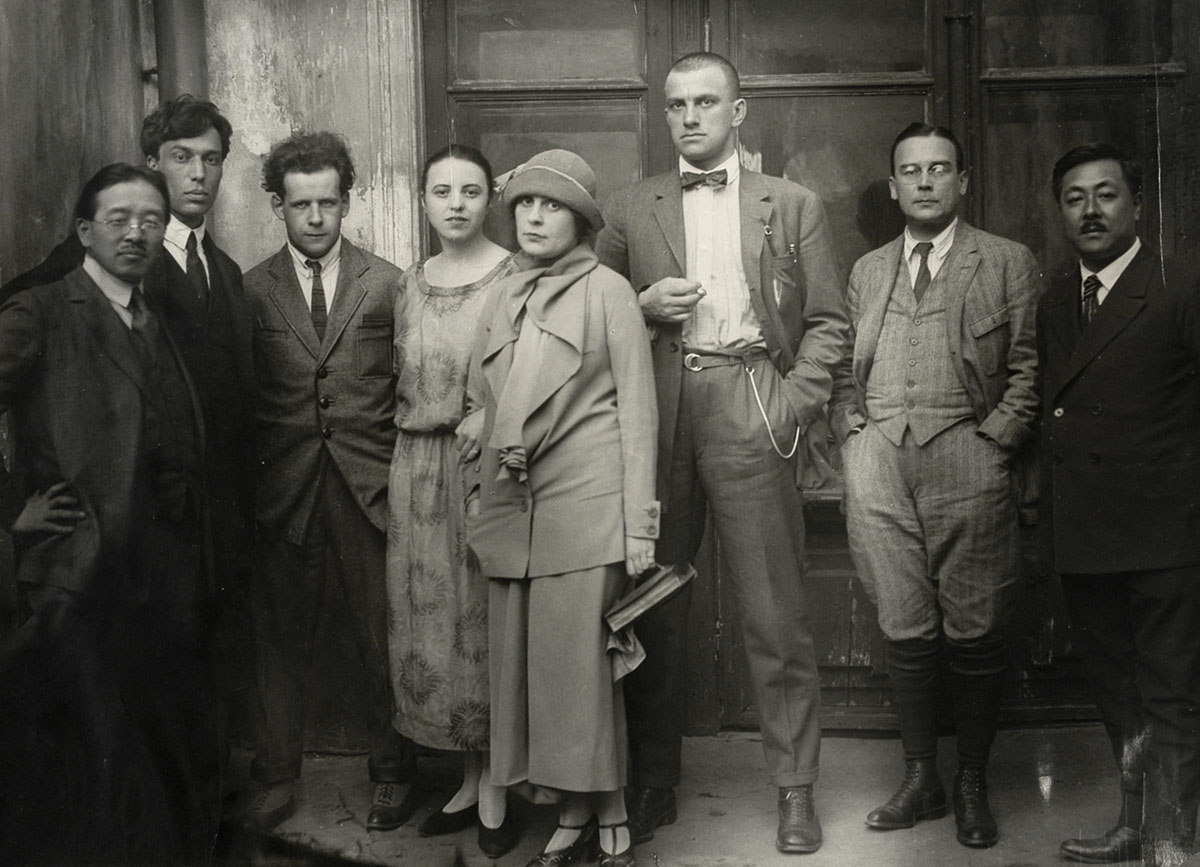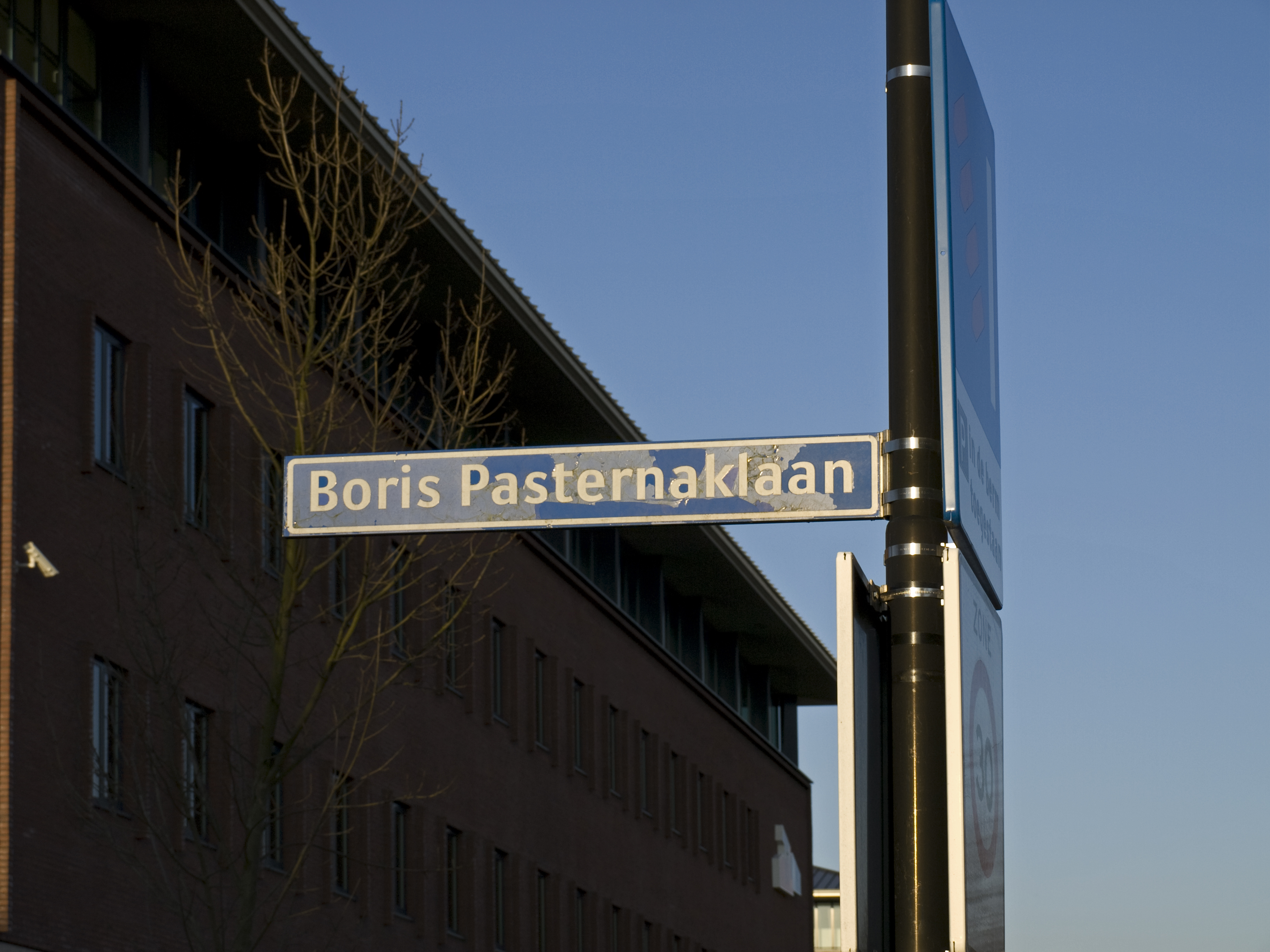Pasternak, Boris Leonidovich, 1890-1960
Enlarge text Shrink text- פון דער וועלט-פאעזיע, 2003:תוכן העניינים (באריס פאסטערמאק)
- The Author's קיץ 1926, תשס"ד 2004.
- LCN
- Record enhanced with data from Bibliography of the Hebrew Book database
- Fleischmann, Encyclopedia of World Literature in the 20 Century, New York 1971, pp. 43-48.
- ש. שלום, עצתו של פסטרנאק - דבר, ח טבת תשי"ט [19.12.1958].
- א. ראובני, מחול פסטרנאק, ירושלים תשי"ט, עמ' 8.
Boris Leonidovich Pasternak (; Russian: Борис Леонидович Пастернак, IPA: [bɐˈrʲis lʲɪɐˈnʲidəvʲɪtɕ pəstɨrˈnak] ; 10 February [O.S. 29 January] 1890 – 30 May 1960) was a Russian poet, novelist, composer, and literary translator. Composed in 1917, Pasternak's first book of poems, My Sister, Life, was published in Berlin in 1922 and soon became an important collection in the Russian language. Pasternak's translations of stage plays by Goethe, Schiller, Calderón de la Barca and Shakespeare remain very popular with Russian audiences. Pasternak was the author of Doctor Zhivago (1957), a novel that takes place between the Russian Revolution of 1905 and the Second World War. Doctor Zhivago was rejected for publication in the USSR, but the manuscript was smuggled to Italy and was first published there in 1957. Pasternak was awarded the Nobel Prize in Literature in 1958, an event that enraged the Communist Party of the Soviet Union, which forced him to decline the prize. In 1989, Pasternak's son Yevgeny finally accepted the award on his father's behalf. Doctor Zhivago has been part of the main Russian school curriculum since 2003.
Read more on Wikipedia >
 Personality
Personality















